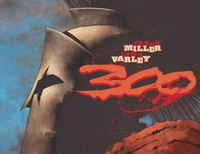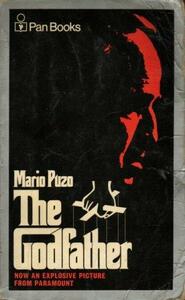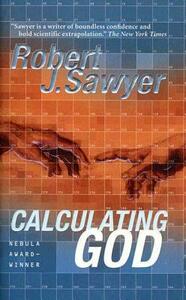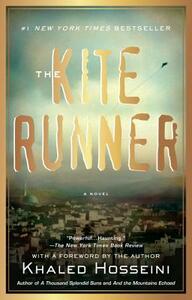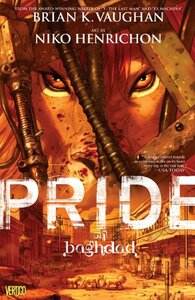You need to sign in or sign up before continuing.
Take a photo of a barcode or cover
adam_mcphee's Reviews (2.87k)
Ashamed to admit I really liked the 2006 Leni Riefenstahl adaptation of this film for a while. And I still like the comic despite how ahistorical it is. I'm assuming the only research he did involved watching the 60s film with all that Cold War subtext.
MacIntyre's best book yet.
Draws interesting and unexpected parallels between the 2003 Iraq war, the infighting in small towns that often leads to outsiders being scapegoated, and the costs of being perceived as a bureaucratic whistleblower or prison rat.
His experience of hosting Canada's best investigative journalism TV program for twenty-four years pays off with his understanding of all the ways humans are fallible. Like a Jim Thompson novel set in Cape Breton.
Draws interesting and unexpected parallels between the 2003 Iraq war, the infighting in small towns that often leads to outsiders being scapegoated, and the costs of being perceived as a bureaucratic whistleblower or prison rat.
His experience of hosting Canada's best investigative journalism TV program for twenty-four years pays off with his understanding of all the ways humans are fallible. Like a Jim Thompson novel set in Cape Breton.
"The heart, you see, is just a pump, and can be operated manually."
Story about a hitman and a job gone wrong. I like writers who seem to have done their homework, and Ellis fits the bill. The short story is practically a how-to guide for corpse disposal. Reminded me of [a: Matthew Woodring Stover|1567394|Matthew Woodring Stover|https://d.gr-assets.com/authors/1301265530p2/1567394.jpg].
Story about a hitman and a job gone wrong. I like writers who seem to have done their homework, and Ellis fits the bill. The short story is practically a how-to guide for corpse disposal. Reminded me of [a: Matthew Woodring Stover|1567394|Matthew Woodring Stover|https://d.gr-assets.com/authors/1301265530p2/1567394.jpg].
Amazing artwork and an allegory worthy of a medieval bestiary.
A worthy overview of the Mongol empire from the time of Genghis Khan to its eventual collapse. The author makes it as straightforward as possible, which is no easy task: he points out that to study Mongol history, a scholar should be able to read Mongol, Persian and Chinese, the latter of which were the written languages of the empire. Plus there's plenty in Turkic, Arabic and Russian. Also, I think there's something like eleven ways to transliterate Mongolian names into English.
Occasionally lightened with a bit of dark humour.
Occasionally lightened with a bit of dark humour.
The events leading up to Genghis Khan's (in this translation Chinggis Qahan) unification of the Mongolian Empire, notwithstanding Khan's childhood years, is a bit hard to follow. I think I read somewhere that Mongol-to-English is particularly difficult, so I don't blame the translator. It's also kind of hard to keep track of all the Mongol names. There are so many footnotes that they end up on the bottom of opposite pages, so I was constantly flipping forwards and backwards to figure everything out. The second half of the book covers events from the unification up until Ögedei's succession and early campaigning and it's much easier to understand. The translator provides a fascinating appendix listing Genghis Khan's Sixteen Battle Tactics.
